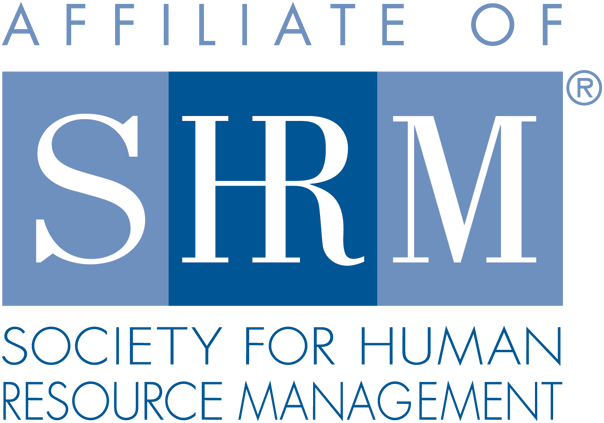
| Past Issues | Advertise | www.nehra.com | insights archive |
Six Steps to Align, Engage and Empower Your People
![]() Print this Article | Send to Colleague
Print this Article | Send to Colleague
Six Steps to Align, Engage and Empower Your People
Written by Chuck Mollor, MCG Partners
In this fast moving world, we don’t have enough time to think and to plan. In trying to manage constant change, moving parts, and different generations, how can you ensure you and your employees are aligned regarding key priorities and focus Or on what has changed over the course of a year?
I would suggest having a quarterly one-on-one meeting with each of your direct reports, focusing on six key alignment questions. Ideally, each question will result in a two-way dialogue that helps you both understand gaps, clarify priorities, update changes, and improve alignment.
Where am I/we going? As the manager, share your vision, where it stands today. Share your views and updates on key priorities for the larger organization. Ask for your direct report’s opinion. This dialogue will help clarify if there is a gap between the two of you, and helps determine what you both need to do to gain greater alignment on what really matters.
Where are you going? Ask each direct report on their part of the business/organization and where it is heading, and where they believe it should be heading. Ask how they will address these gaps. Provide your view on where their part of the business/organization should be headed. This dialogue will help address alignment and understanding between your role in the larger organization and their role in their part of the organization.
What are you doing well? Ask each direct report to share their views on what they are doing well and their key successes/achievements n that particular quarter. Share your view of their key achievements. Sometimes not having this discussion and highlighting employees' key achievements is not a function of managers not wanting to recognize their achievements, but of managers not understanding those achievements from the employee's perspective.
What changes can lead to improvement? Ask your direct reports what they believe they need to do to make greater progress and what they need to do to be more effective (the top one to three items). Share your ideas on how they can make progress. Be open to the possibility their ideas may be more useful than yours.
How can I help? Ask for ideas for how you can help them achieve these agreed upon goals.
What suggestions do you have for me? Ask for their ideas on changes you can make to become a more effective manager and leader. If you want them to focus on continuous improvement and to be a more effective manager and leader, lead by example.
In between each quarterly "six questions" dialogue, establish your mutual responsibility for continued alignment. Let them be responsible for immediately contacting you if they are uncertain about priorities or need feedback or help. You are responsible for contacting them if the business situation changes and you need to reset priorities, or if you have feedback you would like to provide.
Encourage your direct reports to have the same dialogue with their direct reports, and so on, at all levels of your organization. Changes are updated, feedback is provided, voices are heard, gaps are closed, direction is corrected, and your people are engaged and involved, leading to improved performance.
This article originally appeared in the MCG blog on September 16, 2015.
